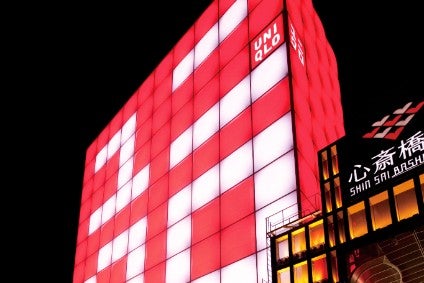
Japan’s Fast Retailing has published a list of the core fabric mills used by its Uniqlo casual clothing brand in a bid to boost transparency and sustainability efforts across its supply chain.
The retailer said making the list public would help efforts to protect the environment, ensure proper working conditions, and to help safeguard human rights.
The move follows the publication last year of the Uniqlo core sewing factory list and the GU core sewing factory list. The Uniqlo core fabric mill list names 46 firms, more than half of which are in China. The rest are located in Bangladesh, Indonesia, Japan, Korea, Malaysia, Thailand, Turkey and Vietnam.
“Since 2004, Fast Retailing has monitored the working and environmental conditions at its partner sewing factories to ensure compliance with its code of conduct for production partners. More recently, the scope of its monitoring efforts now also applies strict standards to the fabric mills used by Fast Retailing,” it says.
The company cites examples of progress it has made to help reduce environmental impact in its supply chain including regular independent testing of factory wastewater to help eliminate hazardous chemical discharges.
It has also adopted tools from the Sustainable Apparel Coalition (SAC) including the Higg Index, developed to assess the sustainability performances of companies and products, to help lower the environmental impacts of factories by collaborating with them in initiatives to reduce energy and water consumption.”

US Tariffs are shifting - will you react or anticipate?
Don’t let policy changes catch you off guard. Stay proactive with real-time data and expert analysis.
By GlobalDataApparel brands and retailers globally are facing increasing pressure to become more transparent, with many of them being urged to publically share their supplier lists.
Earlier this year Associated British Foods-owned Primark published its global supplier list after facing criticism for not disclosing the factories that produce its clothes. The move came weeks after Danish apparel company Bestseller revealed its supplier list.



